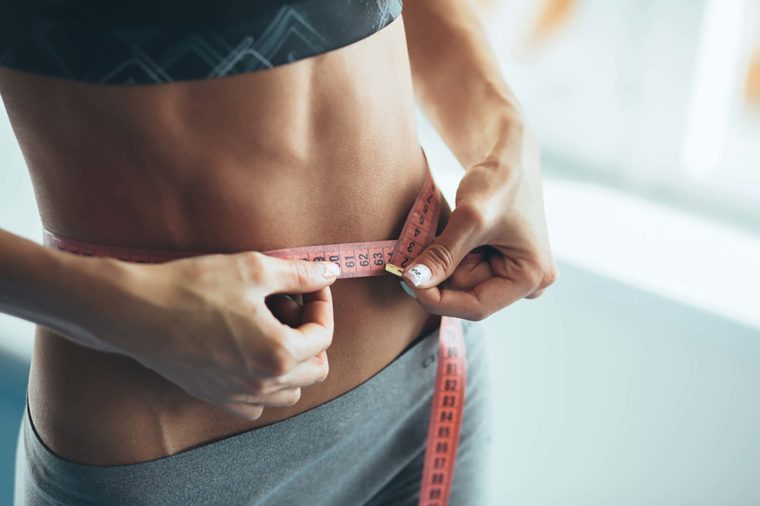The dreaded day has finally arrived: You can no longer finish off an entire pizza—or several candy bars, for that matter—and still manage to maintain your tiny tummy. No, it’s not just your imagination; you really do stop losing weight as you age, experts say.
Unfortunately, your weight loss gains will likely reach their peak by age 30, as your muscle mass and strength decline. A lack of muscle causes you to burn fewer calories, leading to weight gain. That goes for both men and women, according to Melissa Halas-Liang, media representative for the California Academy of Nutrition and Dietetics.
“So this is why it seems like we can’t eat as much and have to work out harder,” Halas-Liang told ATTN. “Because in a way our metabolism isn’t as good due to less muscle mass.”
And it could only worse from there. Your basal energy expenditure, or the amount of energy for your body to conduct basic functions like breathing, decreases by up to 10 percent by age 50, and 20 to 25 percent by age 70, Halas-Liang said. The less energy you expend, the fewer calories you burn.
For women, in particular, age can take a serious toll on the waistline. “Women have further hormonal changes with menopause, which can make it even more challenging to maintain weight,” Halas-Liang said. Meanwhile, it’s a bit easier for men to lose weight, because they have higher muscle mass and faster metabolisms compared to women—even at old age.
But if you’re aiming to drop a few sizes (but have already reached the ripe age of 30), no need to worry! You can still boost your metabolism with regular exercise, especially through strength training at least two days a week. No gym membership? Here’s how to lose weight without a lick of exercise.
The major takeaway: “You’ve got to move a little more and eat a little less which each passing decade after 30,” Halas-Liang said. Adopt those two habits, and you’ll get your 25-year-old metabolism back in no time.












